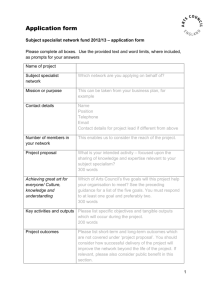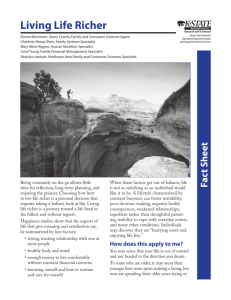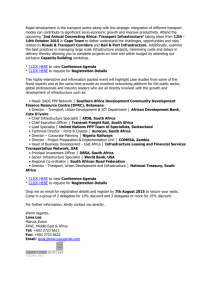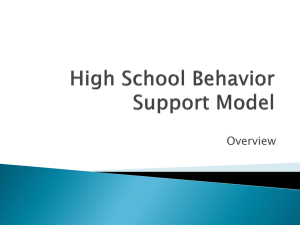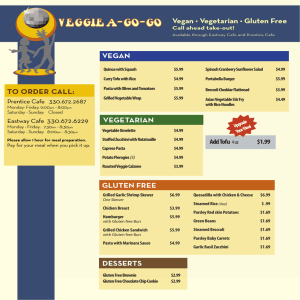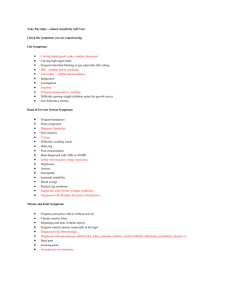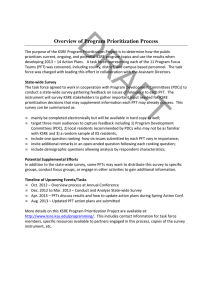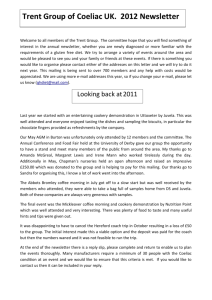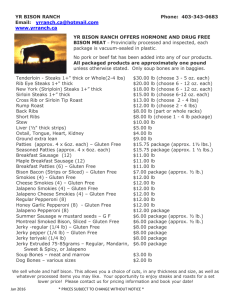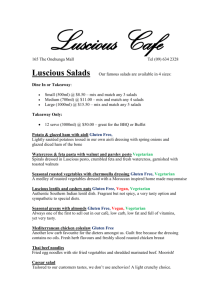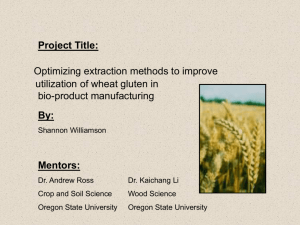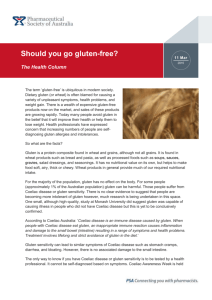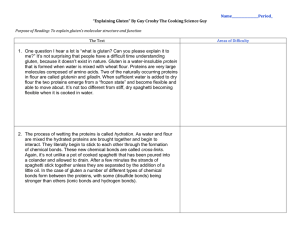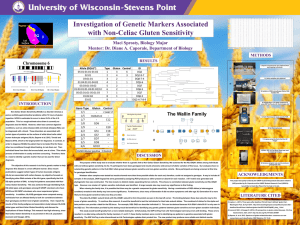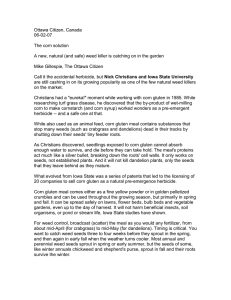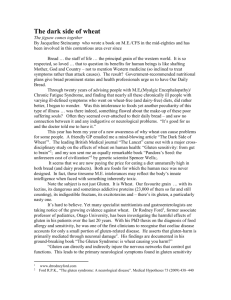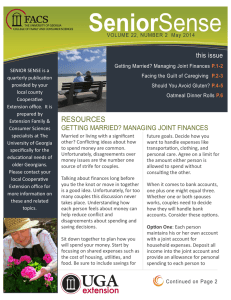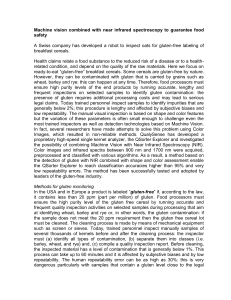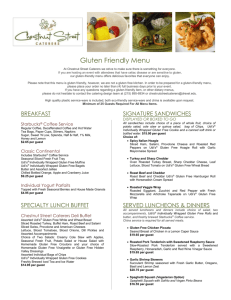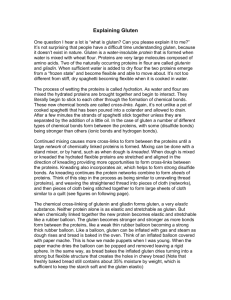2016 Annual Lesson Series
advertisement
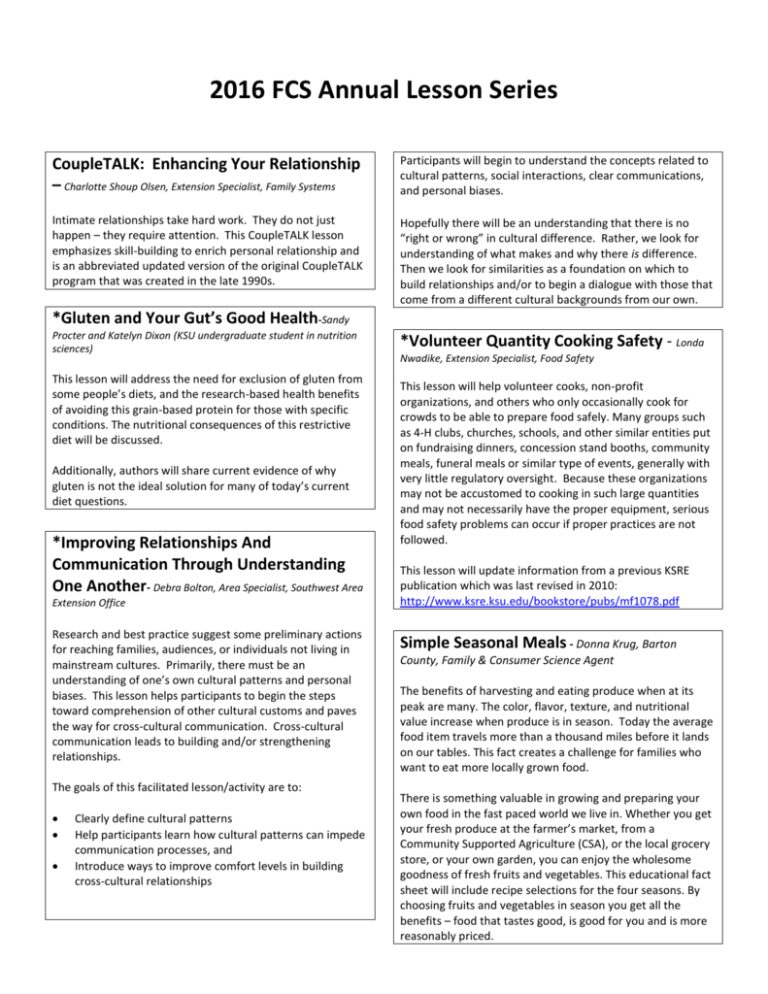
2016 FCS Annual Lesson Series CoupleTALK: Enhancing Your Relationship – Charlotte Shoup Olsen, Extension Specialist, Family Systems Participants will begin to understand the concepts related to cultural patterns, social interactions, clear communications, and personal biases. Intimate relationships take hard work. They do not just happen – they require attention. This CoupleTALK lesson emphasizes skill-building to enrich personal relationship and is an abbreviated updated version of the original CoupleTALK program that was created in the late 1990s. Hopefully there will be an understanding that there is no “right or wrong” in cultural difference. Rather, we look for understanding of what makes and why there is difference. Then we look for similarities as a foundation on which to build relationships and/or to begin a dialogue with those that come from a different cultural backgrounds from our own. *Gluten and Your Gut’s Good Health-Sandy Procter and Katelyn Dixon (KSU undergraduate student in nutrition sciences) This lesson will address the need for exclusion of gluten from some people’s diets, and the research-based health benefits of avoiding this grain-based protein for those with specific conditions. The nutritional consequences of this restrictive diet will be discussed. Additionally, authors will share current evidence of why gluten is not the ideal solution for many of today’s current diet questions. *Improving Relationships And Communication Through Understanding One Another- Debra Bolton, Area Specialist, Southwest Area Extension Office Research and best practice suggest some preliminary actions for reaching families, audiences, or individuals not living in mainstream cultures. Primarily, there must be an understanding of one’s own cultural patterns and personal biases. This lesson helps participants to begin the steps toward comprehension of other cultural customs and paves the way for cross-cultural communication. Cross-cultural communication leads to building and/or strengthening relationships. The goals of this facilitated lesson/activity are to: Clearly define cultural patterns Help participants learn how cultural patterns can impede communication processes, and Introduce ways to improve comfort levels in building cross-cultural relationships *Volunteer Quantity Cooking Safety - Londa Nwadike, Extension Specialist, Food Safety This lesson will help volunteer cooks, non-profit organizations, and others who only occasionally cook for crowds to be able to prepare food safely. Many groups such as 4-H clubs, churches, schools, and other similar entities put on fundraising dinners, concession stand booths, community meals, funeral meals or similar type of events, generally with very little regulatory oversight. Because these organizations may not be accustomed to cooking in such large quantities and may not necessarily have the proper equipment, serious food safety problems can occur if proper practices are not followed. This lesson will update information from a previous KSRE publication which was last revised in 2010: http://www.ksre.ksu.edu/bookstore/pubs/mf1078.pdf Simple Seasonal Meals - Donna Krug, Barton County, Family & Consumer Science Agent The benefits of harvesting and eating produce when at its peak are many. The color, flavor, texture, and nutritional value increase when produce is in season. Today the average food item travels more than a thousand miles before it lands on our tables. This fact creates a challenge for families who want to eat more locally grown food. There is something valuable in growing and preparing your own food in the fast paced world we live in. Whether you get your fresh produce at the farmer’s market, from a Community Supported Agriculture (CSA), or the local grocery store, or your own garden, you can enjoy the wholesome goodness of fresh fruits and vegetables. This educational fact sheet will include recipe selections for the four seasons. By choosing fruits and vegetables in season you get all the benefits – food that tastes good, is good for you and is more reasonably priced. +Your Feelings, My Decision, Our Actions: Promoting Social Emotional Health Among School-Age Youth and Their Families - Elaine Johannes, Extension Specialist, Youth Development and Nora Rhoades, Extension Agent, Post Rock District It’s a fact that children of any age can be taught how to cope with their emotions, to bounce back from problems, and to develop positive relationships – this is called ‘social and emotional learning’. It’s also a fact that social emotional skills are influenced most by the adults in the lives of children. For school age children, those adults include club leaders, coaches, teachers as well as parents. This lesson will help these and other adults learn how to promote the five core social emotional competencies in practical ways among youth during out-of-school time and/or in their families. Learning social emotional competence helps young people navigate the social challenges they may face such as strained friendships and loneliness, bullying and family distress. Adults and organizations, such as the Kansas Department of Education, that support social emotional learning also contribute to improved problem solving and resilience, reduced social and emotional behavior problems and better socio-economic outcomes in adulthood. *FCE Lesson +Alternate FCE Lesson

